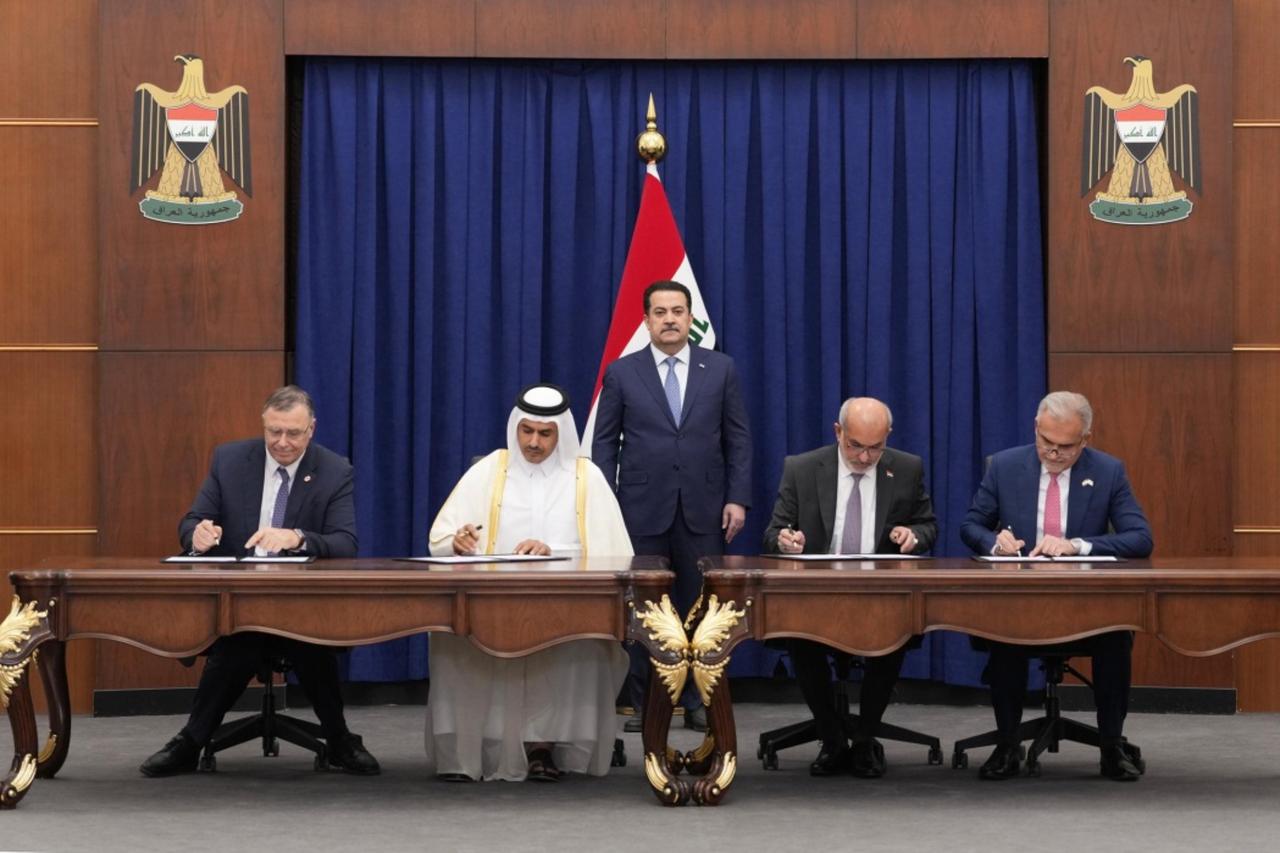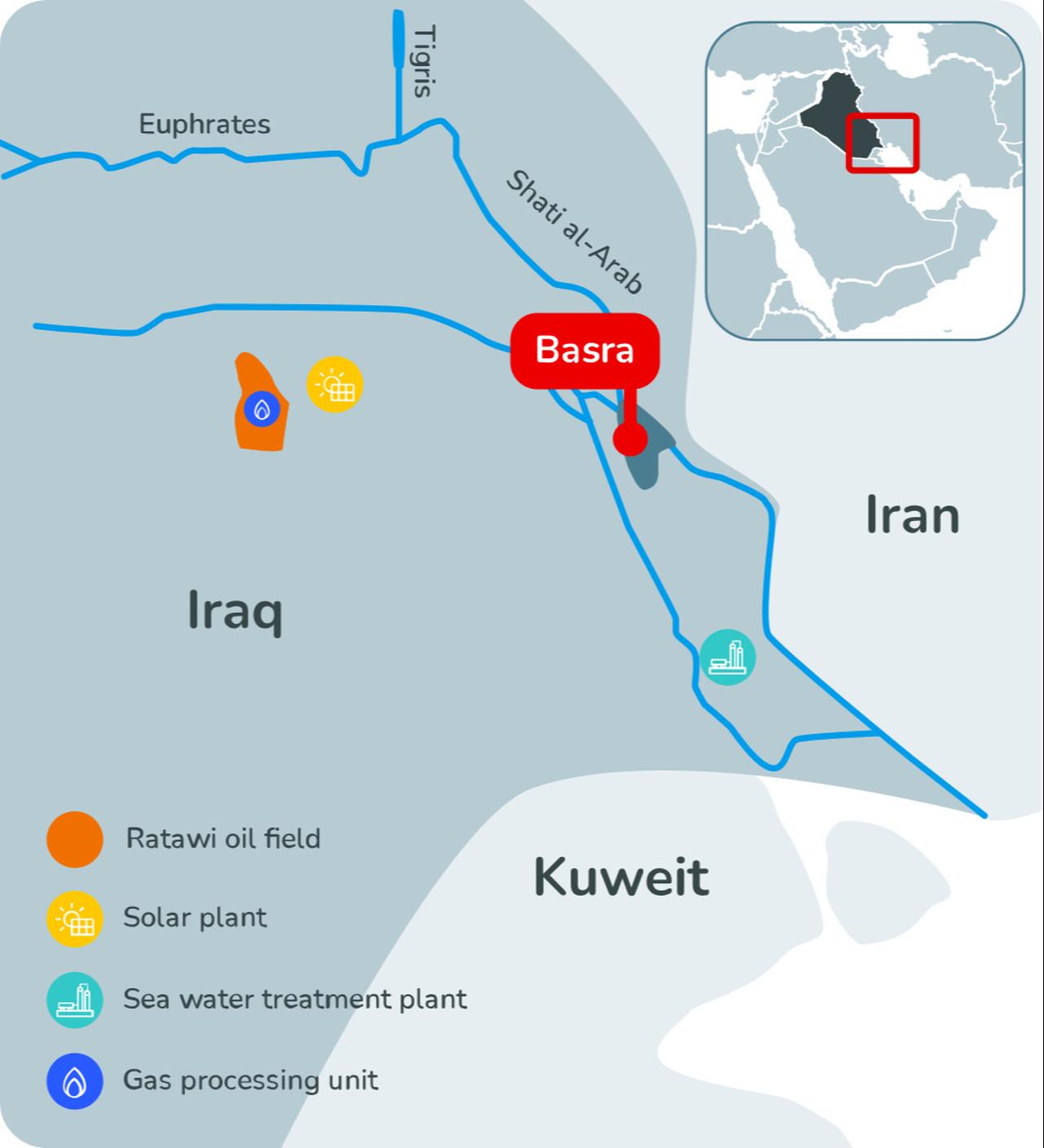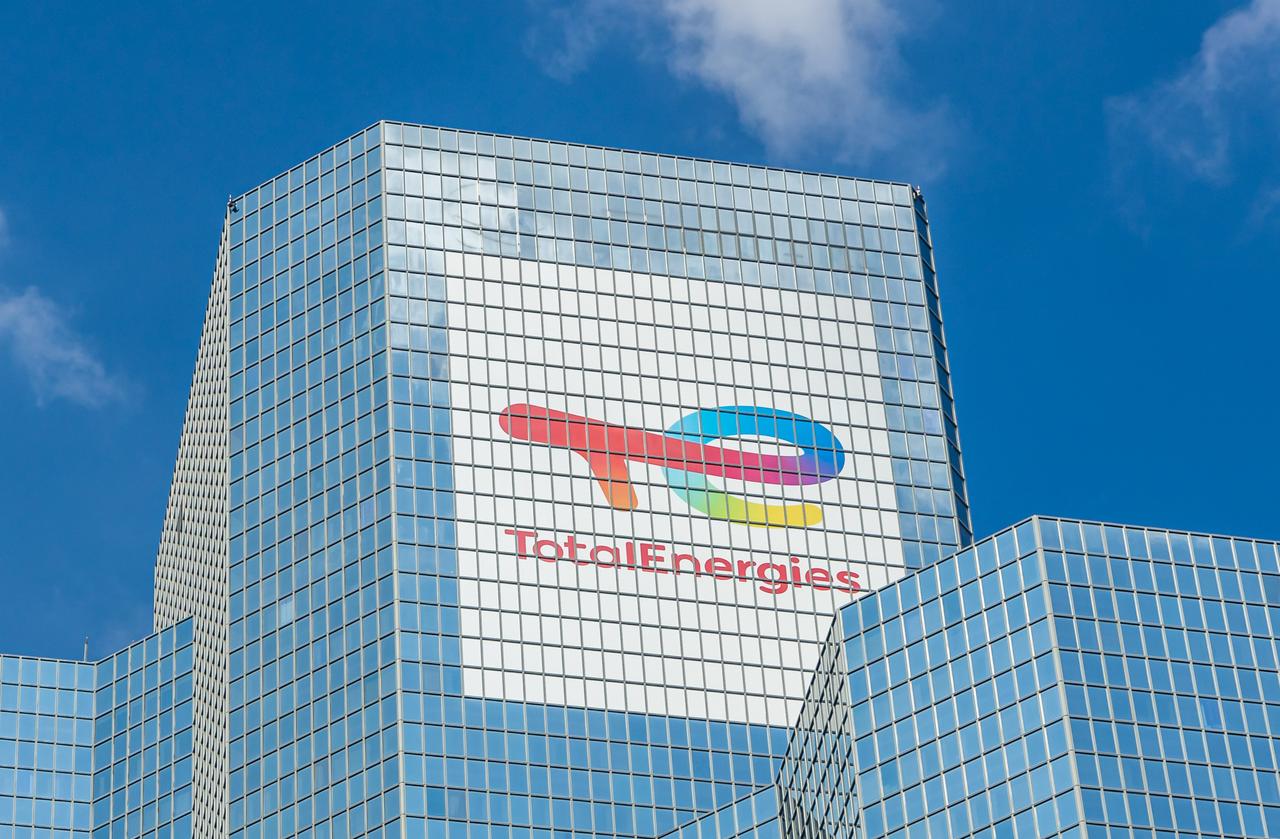
Iraq has signed new agreements with TotalEnergies of France and QatarEnergy to launch the final phase of a $13 billion energy initiative designed to expand the country’s oil, gas and water infrastructure.
The announcement came after a ceremony in Baghdad on Sunday, attended by Iraqi Prime Minister Mohammed Shia al-Sudani, Qatar’s Energy Minister Saad Sherida al-Kaabi, and TotalEnergies Chairman and CEO Patrick Pouyanne.
One of the agreements involves the redevelopment of the Artawi oilfield, where the second phase aims to raise production to 210,000 barrels per day by 2028. Once completed, the field is projected to become one of Iraq’s lowest-emission oil production sites. The Basra Oil Company, which holds a 30% stake, will operate parts of the project together with TotalEnergies, holding 45%, and QatarEnergy, with 25%.
Another agreement covers the Common Seawater Supply Project (CSSP), which will process and deliver up to 5 million barrels of seawater per day to southern oilfields.
Officials said the project is intended to reduce reliance on freshwater from the Tigris and Euphrates rivers, easing pressure on already limited resources. By freeing up an estimated 250,000 cubic meters of freshwater daily, the system will also support long-term water security and agriculture.

In parallel with the main agreements, TotalEnergies signed separate contracts with international construction firms.
Türkiye’s Enka will help build a central oil and gas processing facility with capacity for 210,000 barrels of oil and 163 million standard cubic feet of gas per day.
China’s Petroleum Engineering & Construction Corp. will construct a gas processing plant capable of handling 600 million cubic feet per day, while Hyundai Engineering of South Korea will develop a seawater treatment facility designed for 7.5 million barrels per day.

Speaking at the ceremony, Prime Minister Sudani welcomed the participation of international companies, saying the projects highlight the role of foreign investment in strengthening Iraq’s energy sector.
Energy Minister al-Kaabi described the agreements as a step toward "energy resilience and sustainability," noting that the combined projects reflect a joint commitment to Iraq’s economic growth and infrastructure development.
The agreements are part of the wider Gas Growth Integrated Project (GGIP), which includes capturing flared gas from three southern oilfields for use in power generation.
Iraq currently burns large volumes of associated gas during oil production, a practice that adds to pollution and worsens energy shortages.
Redirecting this gas into power plants is expected to strengthen the country’s electricity supply and reduce dependence on imports.
The project also involves building a 1 gigawatt alternating current (1.25 gigawatt peak) solar farm to diversify Iraq’s energy mix.
Iraq also pursues another major joint project with Türkiye, the Development Road Project, a $23.9 billion infrastructure initiative aimed at linking the Persian Gulf to Europe through Turkish territory, which is also expected to support Iraq’s broader energy strategy.